
Find Help
More Items From Ergsy search
-

Does sleep apnea occur only in adults?
Relevance: 100%
-
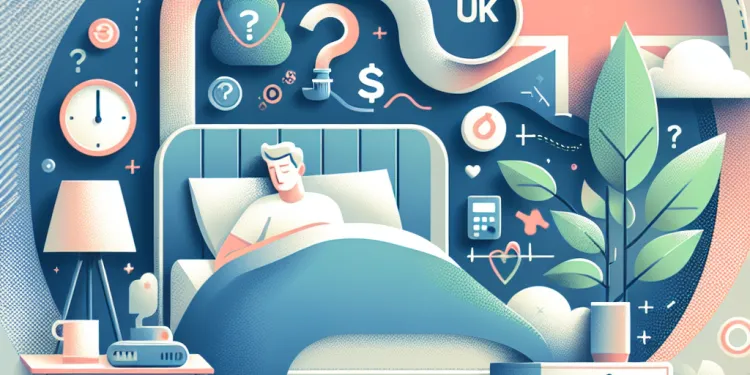
How common is sleep apnea?
Relevance: 87%
-
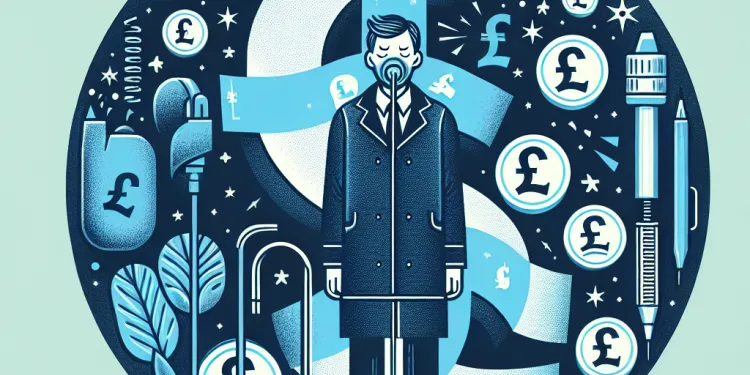
What is sleep apnoea?
Relevance: 85%
-

What is sleep apnea?
Relevance: 84%
-
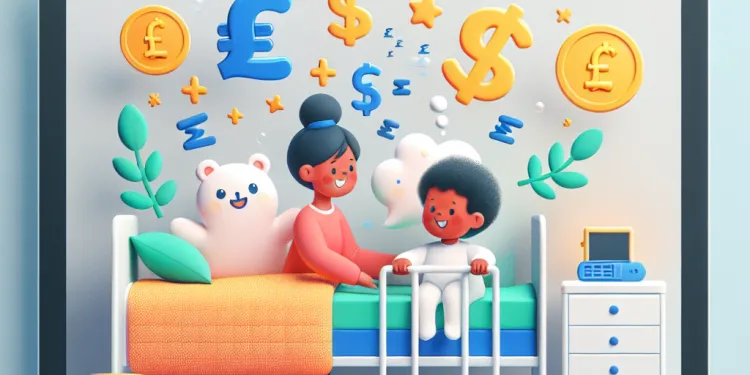
Can children have sleep apnea?
Relevance: 80%
-
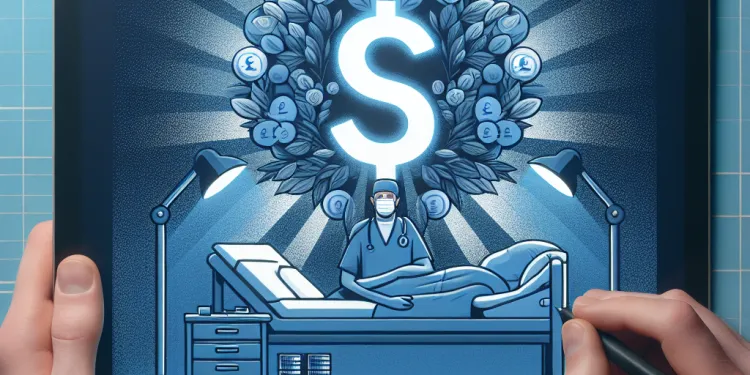
Can sleep apnea be cured?
Relevance: 79%
-
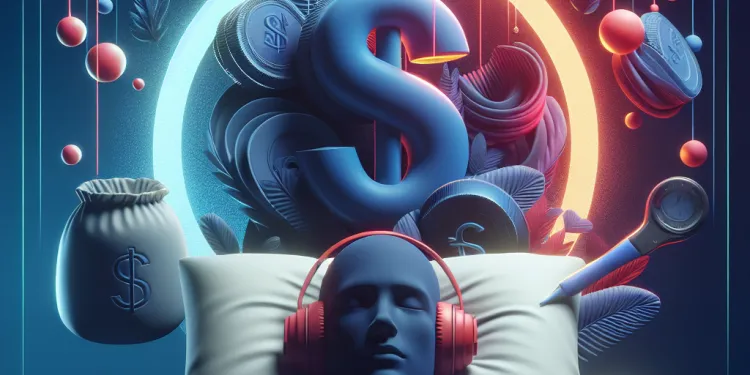
Why is sleep apnea dangerous?
Relevance: 79%
-
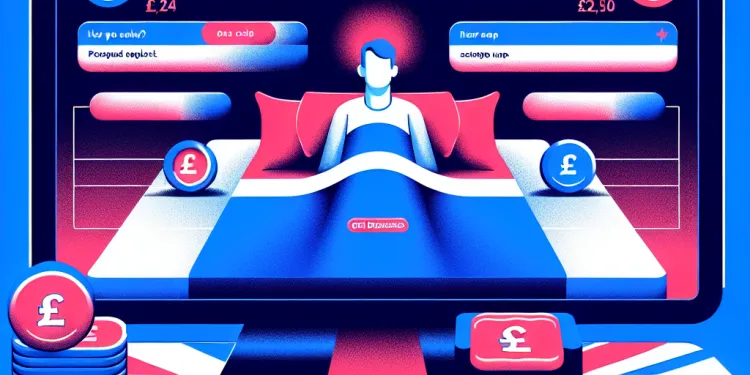
How is sleep apnea diagnosed?
Relevance: 79%
-
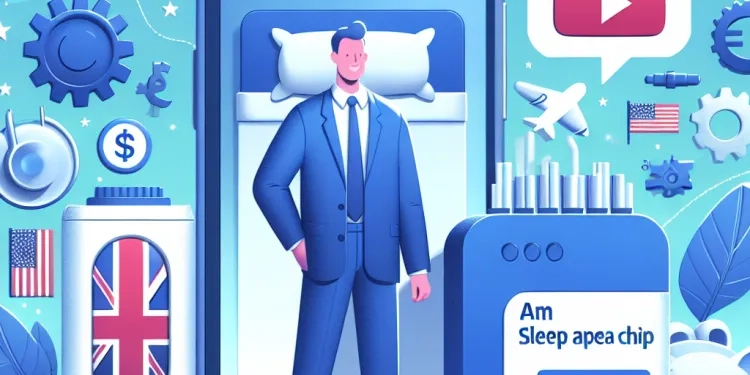
Am I eligible to try the new sleep apnea chip?
Relevance: 77%
-

What are the main types of sleep apnea?
Relevance: 76%
-
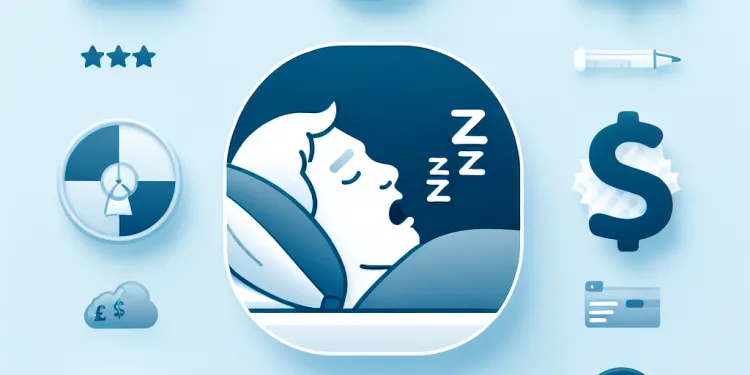
Is snoring always a sign of sleep apnea?
Relevance: 76%
-
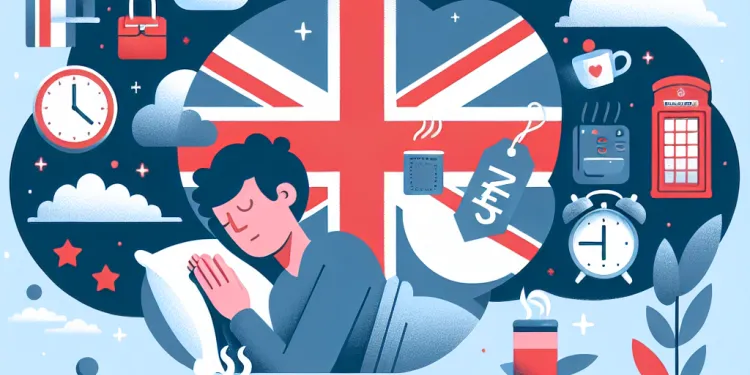
What are common symptoms of sleep apnea?
Relevance: 76%
-
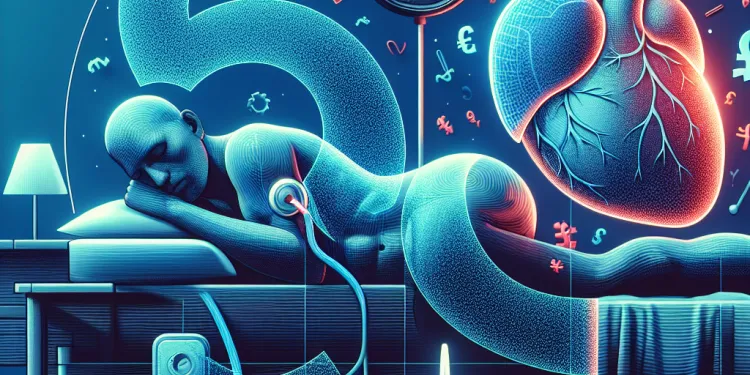
What is complex sleep apnea syndrome?
Relevance: 76%
-
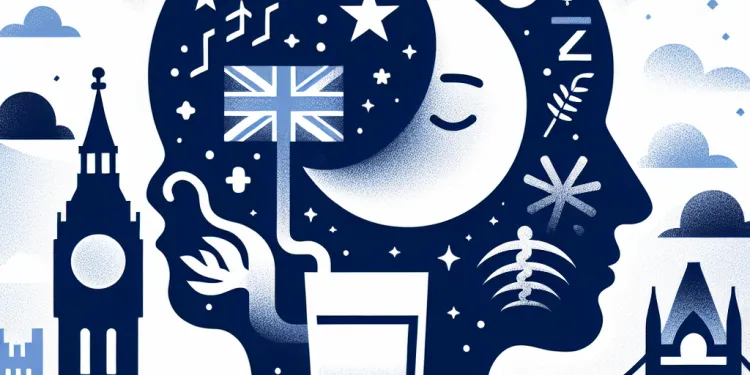
Can alcohol worsen sleep apnea?
Relevance: 76%
-

What is complex sleep apnea syndrome?
Relevance: 76%
-
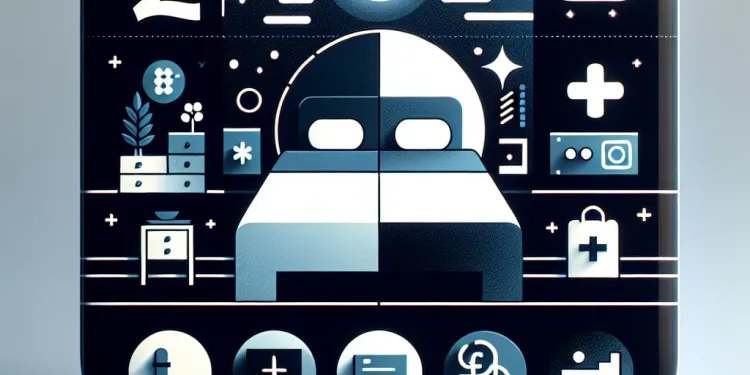
What treatments are available for sleep apnea?
Relevance: 75%
-
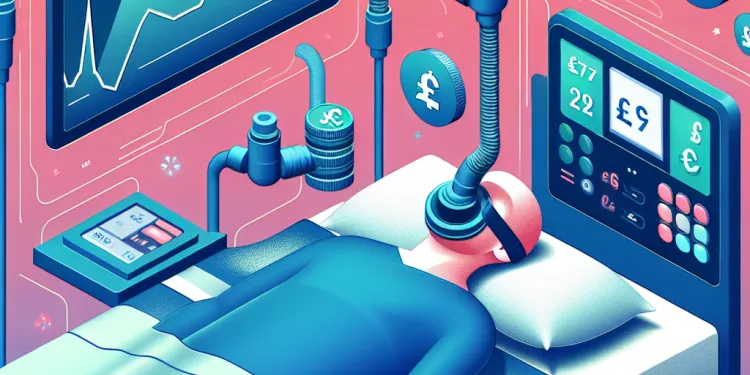
Is CPAP the only treatment for sleep apnea?
Relevance: 75%
-
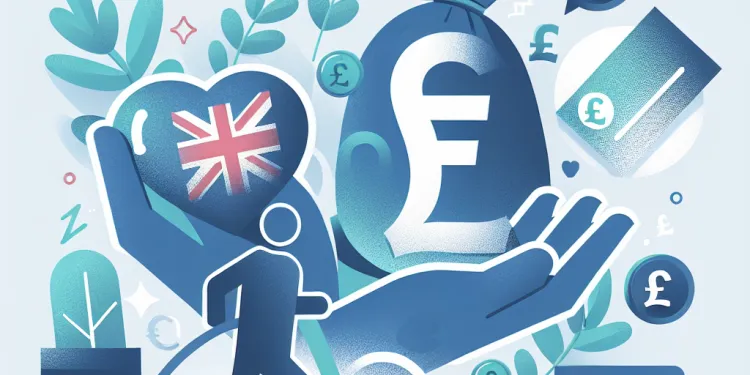
What are risk factors for developing sleep apnea?
Relevance: 75%
-

What causes obstructive sleep apnea?
Relevance: 74%
-

Can weight loss improve sleep apnea?
Relevance: 73%
-

What should I do if I suspect I have sleep apnea?
Relevance: 73%
-

How does the new Sleep Apnea Chip work?
Relevance: 70%
-

What lifestyle changes can help manage sleep apnea?
Relevance: 69%
-
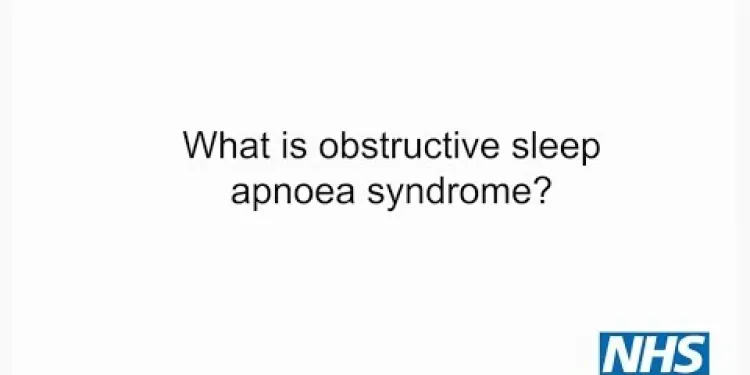
Introduction to obstructive sleep apnoea
Relevance: 58%
-
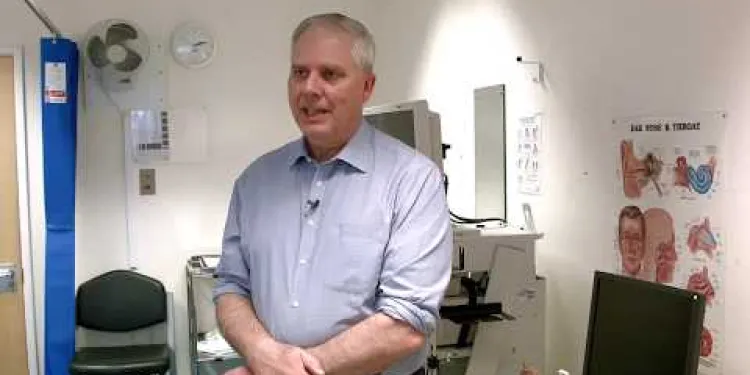
Evidence-Based Interventions: snoring surgery in the absence of Obstructive Sleep Apnoea (OSA)
Relevance: 53%
-
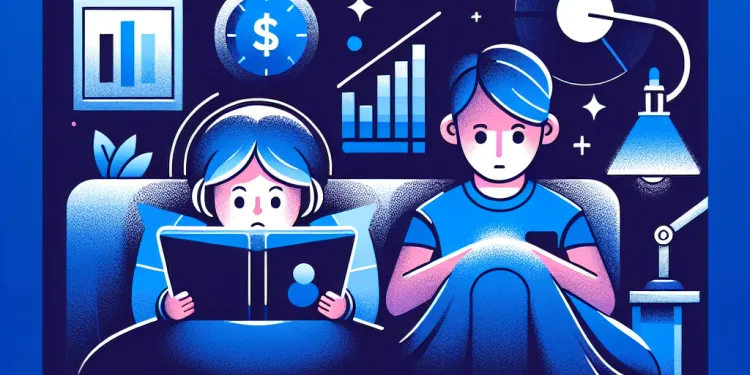
Are children more affected by screen time in relation to sleep than adults?
Relevance: 50%
-
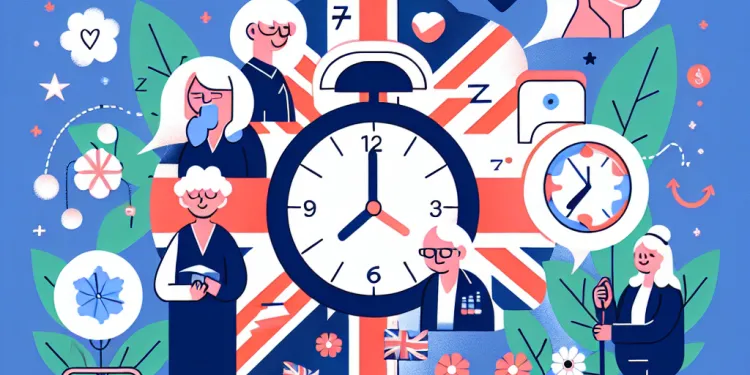
The Importance of Sleep for All Ages
Relevance: 44%
-
What is sleep apnoea?
Relevance: 41%
-
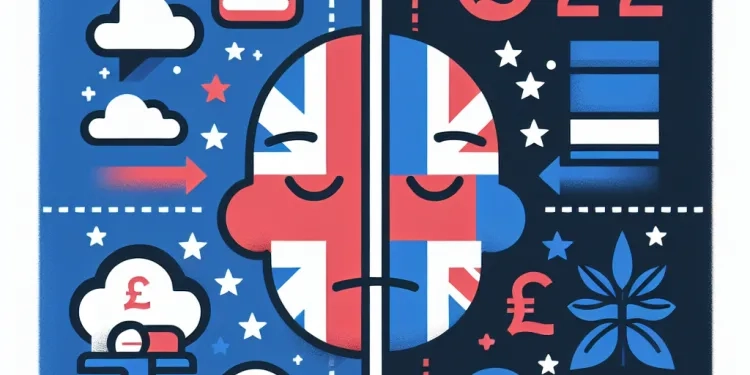
How does central sleep apnea differ from obstructive sleep apnea?
Relevance: 38%
-
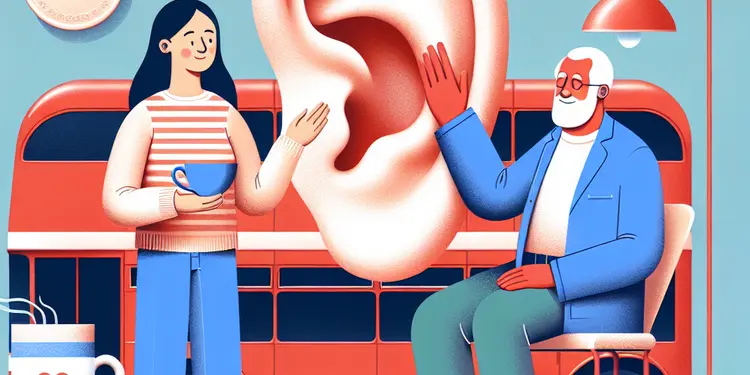
Is tinnitus more common in older adults?
Relevance: 37%
-
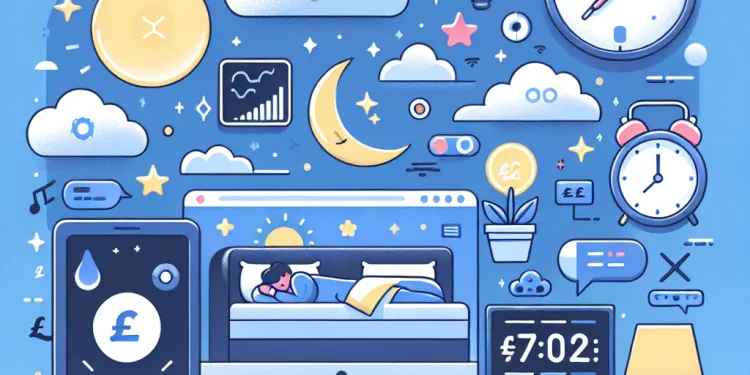
Does screen time affect both sleep onset and sleep maintenance?
Relevance: 36%
-
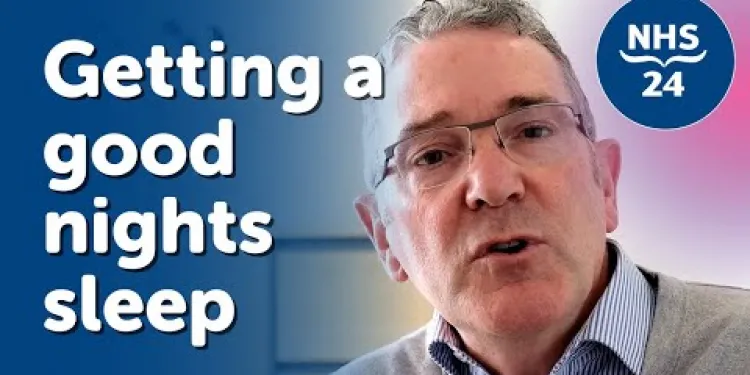
Top Tips to Help You Get a Good Nights Sleep
Relevance: 35%
-
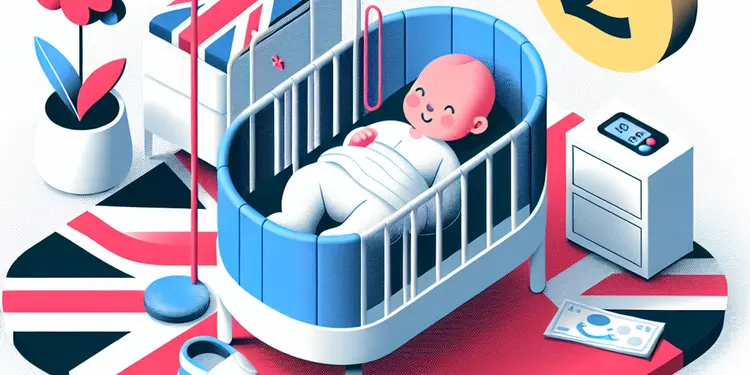
What is the safest sleep environment for an infant?
Relevance: 34%
-

How does sleep quality relate to menopause symptoms?
Relevance: 34%
-
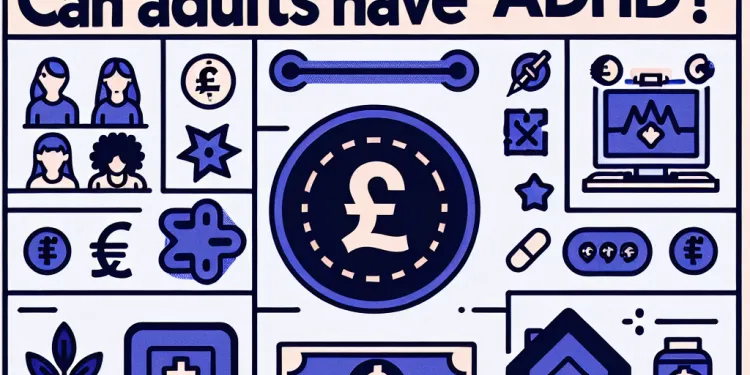
Can adults have ADHD?
Relevance: 32%
-
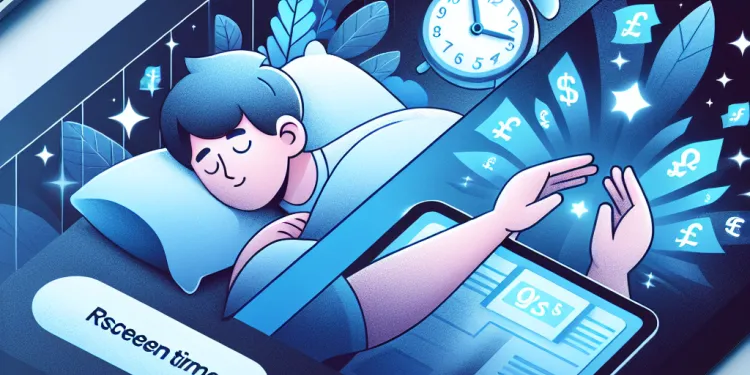
Can reducing screen time improve sleep quality?
Relevance: 32%
-
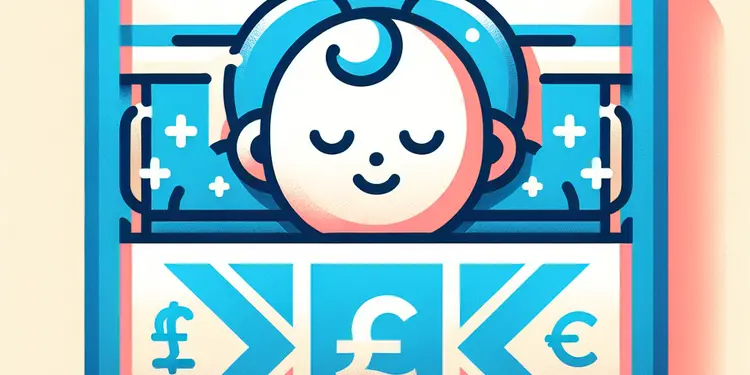
Why are baby sleep pillows not safe for infants?
Relevance: 31%
-

What is the main finding of the study linking screen time to sleep quality?
Relevance: 31%
-
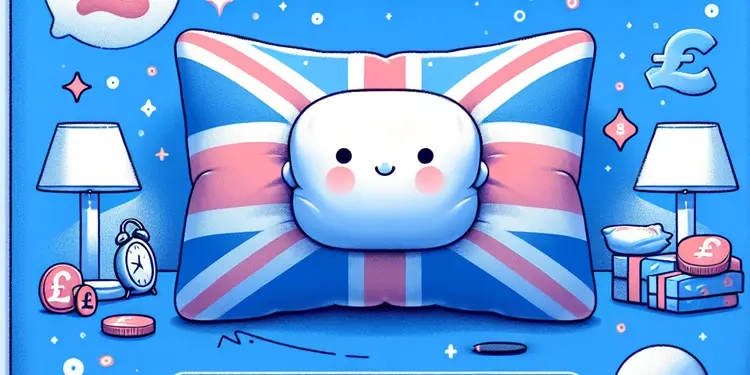
Are baby sleep pillows safe?
Relevance: 31%
-

Can adults have autism?
Relevance: 30%
Understanding Sleep Apnea
Sleep apnea is a common but often overlooked health condition characterized by repeated interruptions in breathing during sleep. These interruptions can lead to a range of health issues and significantly impact the quality of life. While many people associate sleep apnea primarily with adults, it is important to understand that this condition can also occur in children. Recognising the signs and understanding the different factors is crucial for appropriate management.
Causes and Risk Factors in Adults
In adults, sleep apnea is often categorized into two main types: obstructive sleep apnea (OSA) and central sleep apnea. Obstructive sleep apnea is more common and is caused by a blockage of the airway, often when the soft tissue in the rear of the throat collapses during sleep. Risk factors for OSA in adults include obesity, a narrow airway, high blood pressure, chronic nasal congestion, smoking, and a family history of sleep apnea. Central sleep apnea, less common than OSA, occurs when the brain fails to send the correct signals to the muscles controlling breathing. This type can be related to certain medical conditions, such as heart disorders and stroke, or induced by medication.
Sleep Apnea in Children
While less prevalent than in adults, sleep apnea can indeed affect children. In children, the most common form is also obstructive sleep apnea. Risk factors include enlarged tonsils or adenoids, dental conditions such as a large overbite, and certain genetic conditions like Down syndrome. Obesity, although a risk factor, is less commonly associated with sleep apnea in children compared to adults. Symptoms of sleep apnea in children can be different from adults and may include hyperactivity, bedwetting, and learning difficulties.
Symptoms and Diagnosis Across Ages
The symptoms of sleep apnea can vary both across age groups and from person to person. In adults, symptoms often include loud snoring, episodes of paused breathing during sleep, abrupt awakenings with gasping or choking, morning headaches, and excessive daytime sleepiness. In contrast, children may not snore loudly or at all but could exhibit behavioral issues, poor academic performance, and developmental delays. Diagnosis in both adults and children often involves a sleep study, which monitors breathing patterns during sleep to confirm the presence of sleep apnea.
Treatment and Management
Treatment approaches for sleep apnea may vary between adults and children but primarily aim to keep the airway open during sleep. Common treatments include Continuous Positive Airway Pressure (CPAP) therapy, lifestyle changes such as weight loss for overweight individuals, or surgery to remove enlarged tonsils in children. Dental devices designed to keep the airway open may also be used, particularly in children with specific dental structures contributing to their condition.
Conclusion
In summary, sleep apnea is not restricted to adults and can also affect children. Awareness of the condition, its symptoms, and potential treatments can help manage sleep apnea effectively across age groups. Recognising the signs early in both adults and children can lead to improved health outcomes and a better quality of life.
Understanding Sleep Apnea
Sleep apnea is a problem that happens when someone stops breathing while they sleep. This can make people feel tired and unhealthy. Sleep apnea is not just for grown-ups. Kids can have it too. It is important to know the signs so we can help.
Causes and Risk Factors in Adults
There are two main types of sleep apnea for grown-ups: obstructive sleep apnea (OSA) and central sleep apnea. OSA happens when something blocks the airway. This can happen if the throat becomes too relaxed. OSA is more common in people who are overweight, have high blood pressure, or smoke. Central sleep apnea is when the brain doesn’t tell the body to breathe right. It is less common and can be related to heart problems or some medicines.
Sleep Apnea in Children
Kids can have sleep apnea too, even though it is more common in grown-ups. The most common type in kids is obstructive sleep apnea. Kids can get it if they have large tonsils, certain dental issues, or genetic conditions like Down syndrome. Obesity can also be a cause, but it is less common in kids. Kids with sleep apnea might be very active, wet the bed, or have trouble learning.
Symptoms and Diagnosis Across Ages
Sleep apnea symptoms are different for adults and kids. Adults might snore loudly, stop breathing at times, or feel really tired during the day. Kids might not snore but could have behavior issues or not do well in school. To find out if a person has sleep apnea, doctors can do a sleep study. This study checks how you breathe when you sleep.
Treatment and Management
There are ways to help people with sleep apnea breathe better at night. For both adults and kids, treatments can include using a CPAP machine, losing weight, or having surgery to take out big tonsils. Some kids might use special dental devices to help them breathe better.
Conclusion
Sleep apnea can happen to anyone, not just adults. Knowing about sleep apnea can help us take care of ourselves and get better sleep. If we notice the signs early, it can lead to better health and a happier life.
Frequently Asked Questions
Does sleep apnea occur only in adults?
No, sleep apnea can occur in children as well as adults.
Can children have sleep apnea?
Yes, children can have sleep apnea, although it is more common in adults.
Are there different types of sleep apnea?
Yes, the most common types are obstructive sleep apnea, central sleep apnea, and complex sleep apnea syndrome.
What are the common symptoms of sleep apnea in children?
Symptoms in children can include snoring, restless sleep, unusual sleeping positions, and behavioral issues.
How prevalent is sleep apnea in children?
It is estimated that 1% to 5% of children suffer from sleep apnea.
What causes sleep apnea in children?
Causes can include enlarged tonsils, obesity, and certain medical conditions.
Is obstructive sleep apnea the same in children and adults?
While both children and adults can have obstructive sleep apnea, the causes and treatments may differ.
How is sleep apnea diagnosed in children?
Diagnosis often involves a sleep study called polysomnography.
Can lifestyle changes help manage sleep apnea in children?
Yes, weight management and addressing allergies can help reduce symptoms.
What are the treatment options for sleep apnea in children?
Treatments can include adenotonsillectomy, positive airway pressure therapy, and use of oral appliances.
Do all snoring children have sleep apnea?
No, not all children who snore have sleep apnea. A medical evaluation is often necessary for diagnosis.
Can sleep apnea in children lead to other health issues?
Yes, it can lead to problems such as developmental delays, cardiovascular issues, and learning difficulties.
Are there risk factors for sleep apnea in children?
Risk factors include obesity, family history, and having allergies or asthma.
Can sleep apnea go away on its own in children?
In some cases, sleep apnea can improve as children grow, especially after a surgical intervention like adenotonsillectomy.
Is sleep apnea hereditary?
There may be a genetic component, as sleep apnea tends to run in families.
How does pediatric sleep apnea differ from adult sleep apnea?
Pediatric sleep apnea can present with more behavioral issues, while adults may experience more pronounced fatigue.
What age can children be diagnosed with sleep apnea?
Sleep apnea can be diagnosed at any age, even in infants, but is more commonly identified in younger children.
Can sleep apnea affect a child's growth?
Yes, untreated sleep apnea can affect a child's growth and development due to disrupted sleep.
What should parents do if they suspect their child has sleep apnea?
Parents should consult a pediatrician who may refer them to a sleep specialist for evaluation.
Can sleep apnea in children be managed without surgery?
Yes, in some cases lifestyle changes, CPAP therapy, or oral appliances may be effective.
Can kids have sleep apnea too?
No, children and adults can both have sleep apnea.
Can kids have sleep apnea?
Yes, kids can have sleep apnea. This means they might have trouble breathing while they sleep.
Signs to look out for:
- Loud snoring
- Pauses in breathing during sleep
- Waking up a lot at night
- Feeling very tired during the day
If you think a kid might have sleep apnea, it is important to talk to a doctor.
Helpful tips:
- Use a night light to help kids feel safe at night.
- Read a calm story before bed.
- Make a bedtime routine to help kids relax.
Yes, kids can have sleep apnea, but it happens more often in grown-ups.
Are there different types of sleep apnea?
Yes, there are different kinds of sleep apnea.
1. **Obstructive Sleep Apnea (OSA):** This is when something blocks your airway, and you stop breathing for a short time.
2. **Central Sleep Apnea (CSA):** This happens when your brain does not tell your body to breathe.
3. **Mixed Sleep Apnea:** This is a mix of obstructive and central sleep apnea.
If you think you have sleep apnea, talk to a doctor for help.
Using tools like picture charts or videos can help you understand this better.
Yes, there are different kinds of sleep apnea. The most common ones are:
1. **Obstructive Sleep Apnea** - This is when your throat muscles relax too much and block your airway.
2. **Central Sleep Apnea** - This is when your brain doesn't send the right signals to your muscles to help you breathe.
3. **Complex Sleep Apnea Syndrome** - This is when you have both obstructive and central sleep apnea.
If you find reading difficult, try listening to audiobooks or using text-to-speech tools.
What are the signs of sleep apnea in kids?
Sleep apnea can make it hard for kids to breathe while sleeping. Here are some signs:
- Loud snoring
- Pauses in breathing during sleep
- Waking up often at night
- Feeling sleepy during the day
- Hard time focusing
If you think a child has these signs, talk to a doctor.
Children might show signs like loud breathing when they sleep, not sleeping calmly, sleeping in strange ways, and having trouble behaving well.
How common is sleep apnea in children?
About 1 to 5 out of every 100 children have trouble breathing when they sleep. This is called sleep apnea.
What makes kids have sleep apnea?
Sometimes, big tonsils can be a cause. Being very overweight can also be a cause. Some health problems might cause it too.
Is sleep apnea the same for kids and grown-ups?
No, sleep apnea can be different for kids and grown-ups. Sleep apnea makes it hard to breathe when you sleep.
For kids, sleep apnea might make them feel tired during the day. They can also have problems paying attention and might not do well in school.
For grown-ups, sleep apnea can make them snore loudly. They might feel very sleepy during the day and have headaches in the morning.
It is important to talk to a doctor if you think you or your child has sleep apnea. A doctor can help find the best way to help.
Helpful tools:
- Use a sleep journal to track sleep patterns.
- Try listening to calming music before bed.
Both kids and grown-ups can have a problem called obstructive sleep apnea. But what causes it and how we fix it can be different for kids and grown-ups.
How do doctors find out if a child has sleep apnea?
Doctors use special tests to see if a child has sleep apnea. A common test is called a sleep study. This test checks a child's breathing while they sleep.
During a sleep study, a child sleeps overnight in a clinic. The doctors use machines to keep track of how the child is sleeping.
It can help to talk to a doctor if you think a child might have sleep apnea. They can explain more about the sleep study and other tests.
Doctors use a special test to see if you have sleep problems. This test is called a "sleep study."
Can changes in how we live help with sleep apnea in kids?
Yes, keeping a healthy weight and taking care of allergies can help you feel better.
How can children with sleep apnea be helped?
Sleep apnea is when a child has trouble breathing while sleeping. Here are some ways to help:
- See a Doctor: The doctor can check and give advice.
- CPAP Machine: This machine helps the child breathe better at night.
- Healthy Habits: Go to bed at the same time every night and keep the bedroom quiet and dark.
- Mouthguard: A special guard can help keep the airway open.
- Surgery: Sometimes, surgery might be needed if tonsils or adenoids are big.
If you have any questions, a doctor can help explain more.
Treatments can help with the problem. Some treatments are:
- Adenotonsillectomy: A surgery to take out tonsils and adenoids.
- Positive Airway Pressure Therapy: A special machine helps you breathe at night.
- Oral Appliances: A mouthpiece you wear to help you breathe better.
If you need more help, ask a doctor. They can explain things in a way you understand. You can also use pictures or videos to understand better.
Do all kids who snore have sleep apnea?
No, not all kids who snore have sleep apnea.
Sleep apnea is when breathing stops for a short time during sleep.
Kids can snore for other reasons too, like having a cold.
If you are worried about snoring, it's good to talk to a doctor.
Tools that can help:
- Ask an adult for help if you have questions.
- Use pictures or videos to learn more.
No, not all kids who snore have sleep apnea. A doctor might need to check to find out if they do.
Can sleep problems in kids cause other health issues?
Yes, it can cause problems like growing up slower, heart problems, and trouble learning.
What makes sleep apnea in children more likely?
Things that can make you more likely to get this are:
- Being very overweight
- Other people in your family have it
- Having allergies
- Having asthma
If you find reading difficult, try using tools like a screen reader or ask someone you trust to help you understand the information.
Can sleep apnea stop by itself in children?
Sometimes, sleep problems can get better as kids get older. This can happen after a surgery to remove their tonsils and adenoids.
Can you get sleep apnea from your parents?
Sleep apnea might be passed down from parents to children. If your family has it, you might have it too.
What is the difference between child sleep apnea and grown-up sleep apnea?
Children with sleep apnea might have more behavior problems. Grown-ups might feel very tired instead.
When can kids find out if they have sleep apnea?
Doctors can say if you have sleep apnea at any age, even babies, but it's more often found in younger kids.
Does sleep apnea stop kids from growing?
Yes, if sleep apnea is not treated, it can make it harder for a child to grow and develop properly because it stops them from sleeping well.
What to Do if You Think Your Child Has Trouble Sleeping
If you think your child has a hard time sleeping because of sleep apnea, here are some steps you can take:
- Watch Their Sleep: Look at how your child sleeps. Do they snore a lot or stop breathing for a short time?
- Talk to a Doctor: Go to the doctor and tell them your concerns about your child's sleep.
- Keep a Sleep Chart: Write down how your child sleeps for a few nights. Note things like loud snoring or if they wake up often.
- Ask for a Sleep Test: The doctor may suggest a sleep test to check if your child has sleep apnea.
- Support Tools: Try tools like a white noise machine to help your child sleep better.
Working with the doctor can help your child get the right care to sleep well.
Parents should talk to a children’s doctor. The doctor might ask a sleep expert to help find out what is wrong.
Can you help children with sleep apnea without surgery?
Yes, there are ways to help children with sleep apnea that don't need surgery.
Here are some things that might help:
- Change sleeping position: Raise the head of the bed or try different sleeping positions.
- Healthy weight: Encourage healthy eating and exercise to keep a healthy weight.
- Breathing machines: Use a CPAP machine to help with breathing during sleep.
- Nasal strips: Use nasal strips or sprays to open airways.
- Allergy treatment: Manage allergies that can block breathing.
It’s important to talk to a doctor. They can give more advice and find the best ways to help.
Yes, sometimes changes in how you live, using a CPAP machine, or mouthpieces can help.
Useful Links
This website offers general information and is not a substitute for professional advice.
Always seek guidance from qualified professionals.
If you have any medical concerns or need urgent help, contact a healthcare professional or emergency services immediately.
- Ergsy carfully checks the information in the videos we provide here.
- Videos shown by Youtube after a video has completed, have NOT been reviewed by ERGSY.
- To view, click the arrow in centre of video.
- Most of the videos you find here will have subtitles and/or closed captions available.
- You may need to turn these on, and choose your preferred language.
- Go to the video you'd like to watch.
- If closed captions (CC) are available, settings will be visible on the bottom right of the video player.
- To turn on Captions, click settings .
- To turn off Captions, click settings again.
More Items From Ergsy search
-

Does sleep apnea occur only in adults?
Relevance: 100%
-

How common is sleep apnea?
Relevance: 87%
-

What is sleep apnoea?
Relevance: 85%
-

What is sleep apnea?
Relevance: 84%
-

Can children have sleep apnea?
Relevance: 80%
-

Can sleep apnea be cured?
Relevance: 79%
-

Why is sleep apnea dangerous?
Relevance: 79%
-

How is sleep apnea diagnosed?
Relevance: 79%
-

Am I eligible to try the new sleep apnea chip?
Relevance: 77%
-

What are the main types of sleep apnea?
Relevance: 76%
-

Is snoring always a sign of sleep apnea?
Relevance: 76%
-

What are common symptoms of sleep apnea?
Relevance: 76%
-

What is complex sleep apnea syndrome?
Relevance: 76%
-

Can alcohol worsen sleep apnea?
Relevance: 76%
-

What is complex sleep apnea syndrome?
Relevance: 76%
-

What treatments are available for sleep apnea?
Relevance: 75%
-

Is CPAP the only treatment for sleep apnea?
Relevance: 75%
-

What are risk factors for developing sleep apnea?
Relevance: 75%
-

What causes obstructive sleep apnea?
Relevance: 74%
-

Can weight loss improve sleep apnea?
Relevance: 73%
-

What should I do if I suspect I have sleep apnea?
Relevance: 73%
-

How does the new Sleep Apnea Chip work?
Relevance: 70%
-

What lifestyle changes can help manage sleep apnea?
Relevance: 69%
-

Introduction to obstructive sleep apnoea
Relevance: 58%
-

Evidence-Based Interventions: snoring surgery in the absence of Obstructive Sleep Apnoea (OSA)
Relevance: 53%
-

Are children more affected by screen time in relation to sleep than adults?
Relevance: 50%
-

The Importance of Sleep for All Ages
Relevance: 44%
-
What is sleep apnoea?
Relevance: 41%
-

How does central sleep apnea differ from obstructive sleep apnea?
Relevance: 38%
-

Is tinnitus more common in older adults?
Relevance: 37%
-

Does screen time affect both sleep onset and sleep maintenance?
Relevance: 36%
-

Top Tips to Help You Get a Good Nights Sleep
Relevance: 35%
-

What is the safest sleep environment for an infant?
Relevance: 34%
-

How does sleep quality relate to menopause symptoms?
Relevance: 34%
-

Can adults have ADHD?
Relevance: 32%
-

Can reducing screen time improve sleep quality?
Relevance: 32%
-

Why are baby sleep pillows not safe for infants?
Relevance: 31%
-

What is the main finding of the study linking screen time to sleep quality?
Relevance: 31%
-

Are baby sleep pillows safe?
Relevance: 31%
-

Can adults have autism?
Relevance: 30%


